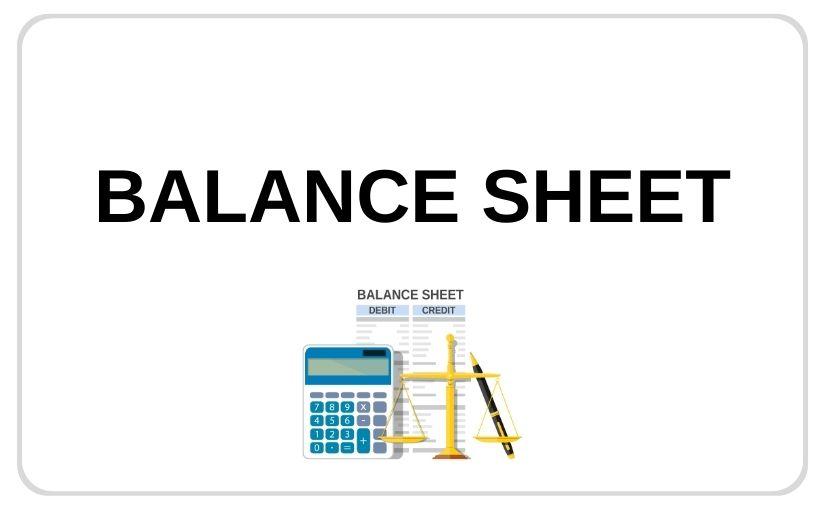Balance Sheet for a Wholesaler
To ensure accurate financial representation in the balance sheet for a wholesaler in India, follow these steps:
1. Maintain Detailed Records:
Properly document all financial transactions, including purchases, sales, expenses, and overhead costs. This helps in accurately reflecting the financial position of the wholesaler.
2. Reconcile Inventory Regularly:
Conduct regular inventory counts and reconcile them with the records. This helps prevent errors in reporting inventory value and ensures accurate representation of assets on the balance sheet.
3. Appropriate Valuation of Inventory:
Use appropriate valuation methods (FIFO, LIFO, average cost) for inventory to reflect its true value. This affects the cost of goods sold and the value of unsold inventory, both of which impact the balance sheet.
4. Accurate Depreciation Calculation:
If the wholesaler owns fixed assets, ensure that depreciation is accurately calculated and recorded. Proper depreciation affects the value of assets and equity on the balance sheet.
5. Reconcile Receivables and Payables:
Regularly reconcile outstanding receivables and payables with your records to accurately present the current liabilities and assets on the balance sheet.
6. Accruals and Prepayments:
Account for accruals (expenses incurred but not yet paid) and prepayments (payments made in advance) to reflect the accurate financial position on the balance sheet.
7. Evaluate Bad Debts:
Assess the possibility of bad debts and make necessary provisions. This ensures that the accounts receivable on the balance sheet are a true representation of expected cash inflows.
8. Comply with Accounting Standards:
Adhere to the relevant accounting standards and regulations applicable in India. This ensures that your financial statements, including the balance sheet, are prepared accurately and in compliance.
9. Reconcile Bank Statements:
Reconcile your bank statements regularly with your financial records. Any discrepancies can impact the cash and bank balance reported on the balance sheet.
10. Calculate Accrued Liabilities:
Calculate any accrued liabilities, such as unpaid wages or interest, and include them in the balance sheet to provide a comprehensive overview of the company’s financial obligations.
By following these steps, a wholesaler in India can ensure an accurate financial representation in their balance sheet, aiding transparency and compliance with financial reporting standards.
To visit: https://www.incometax.gov.in
For further details access our website: https://vibrantfinserv.com

